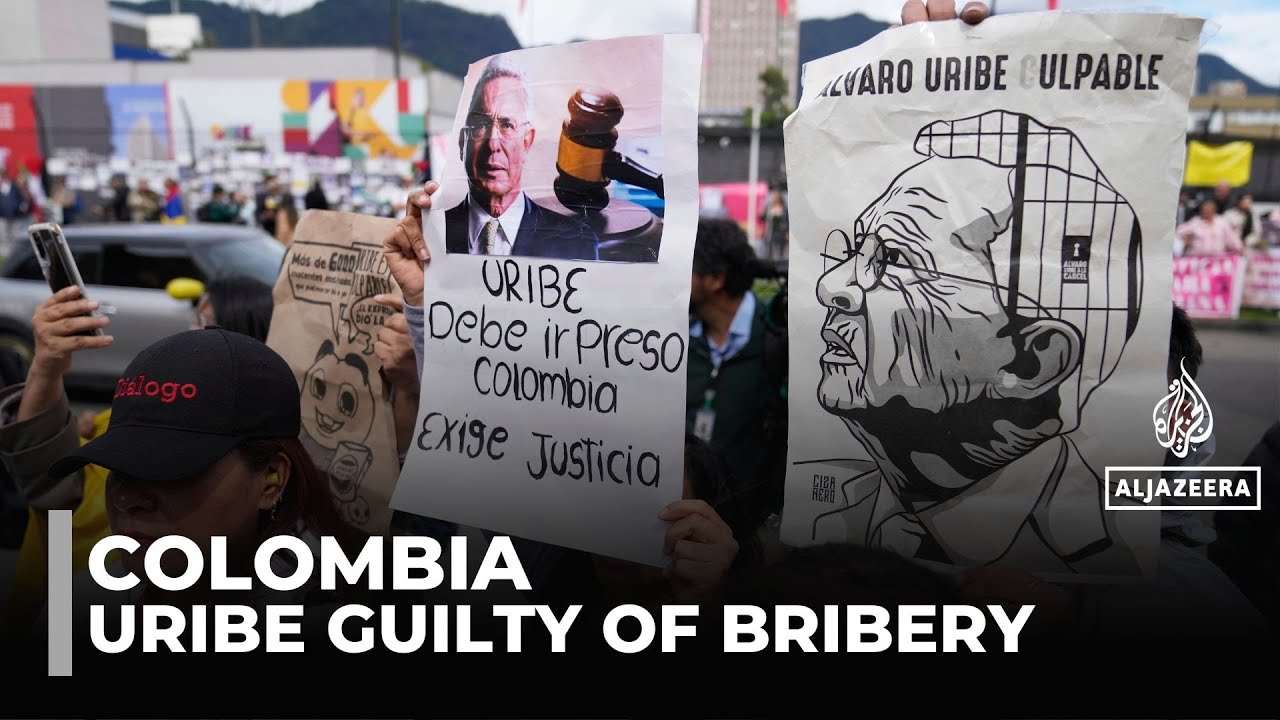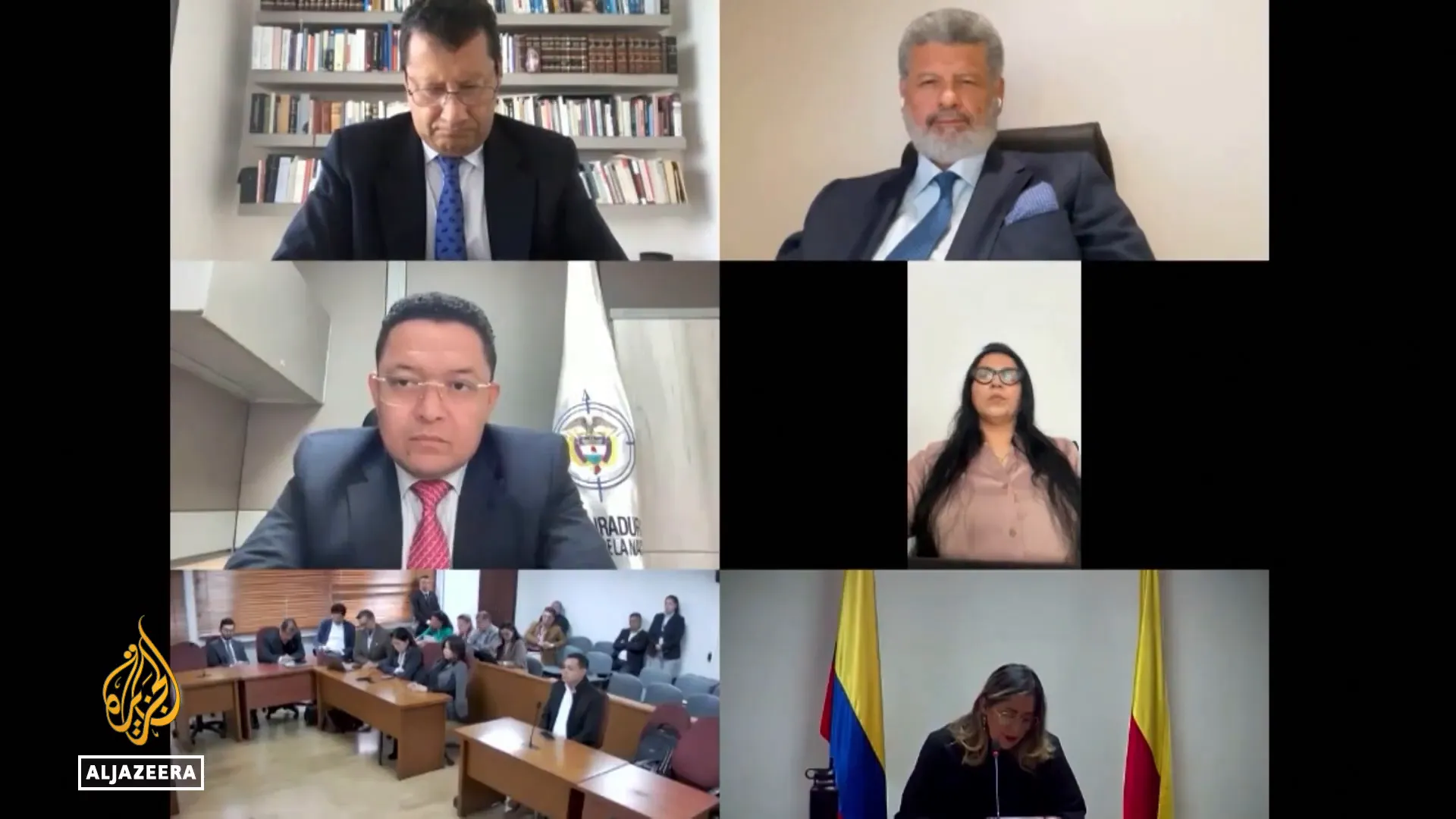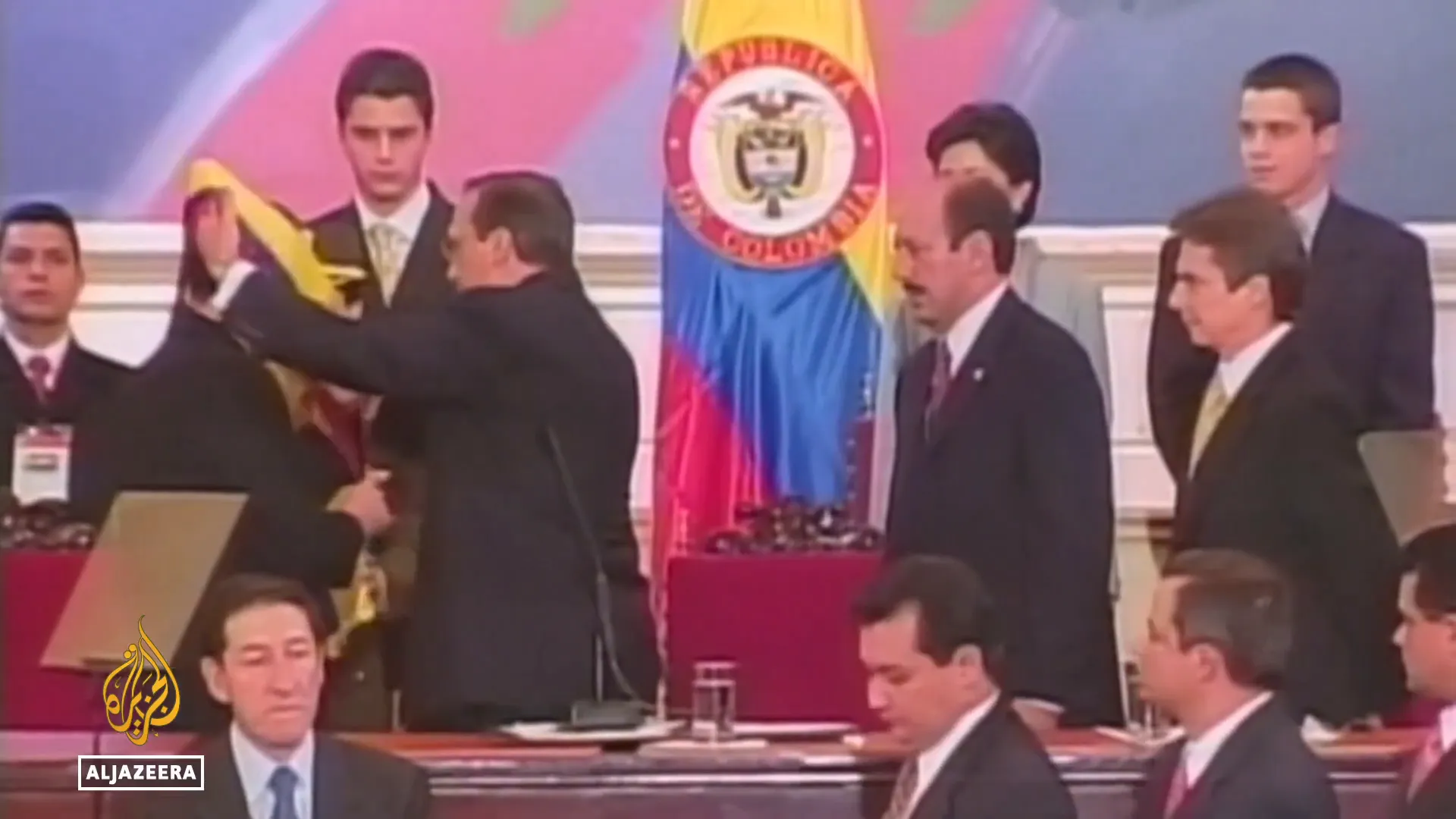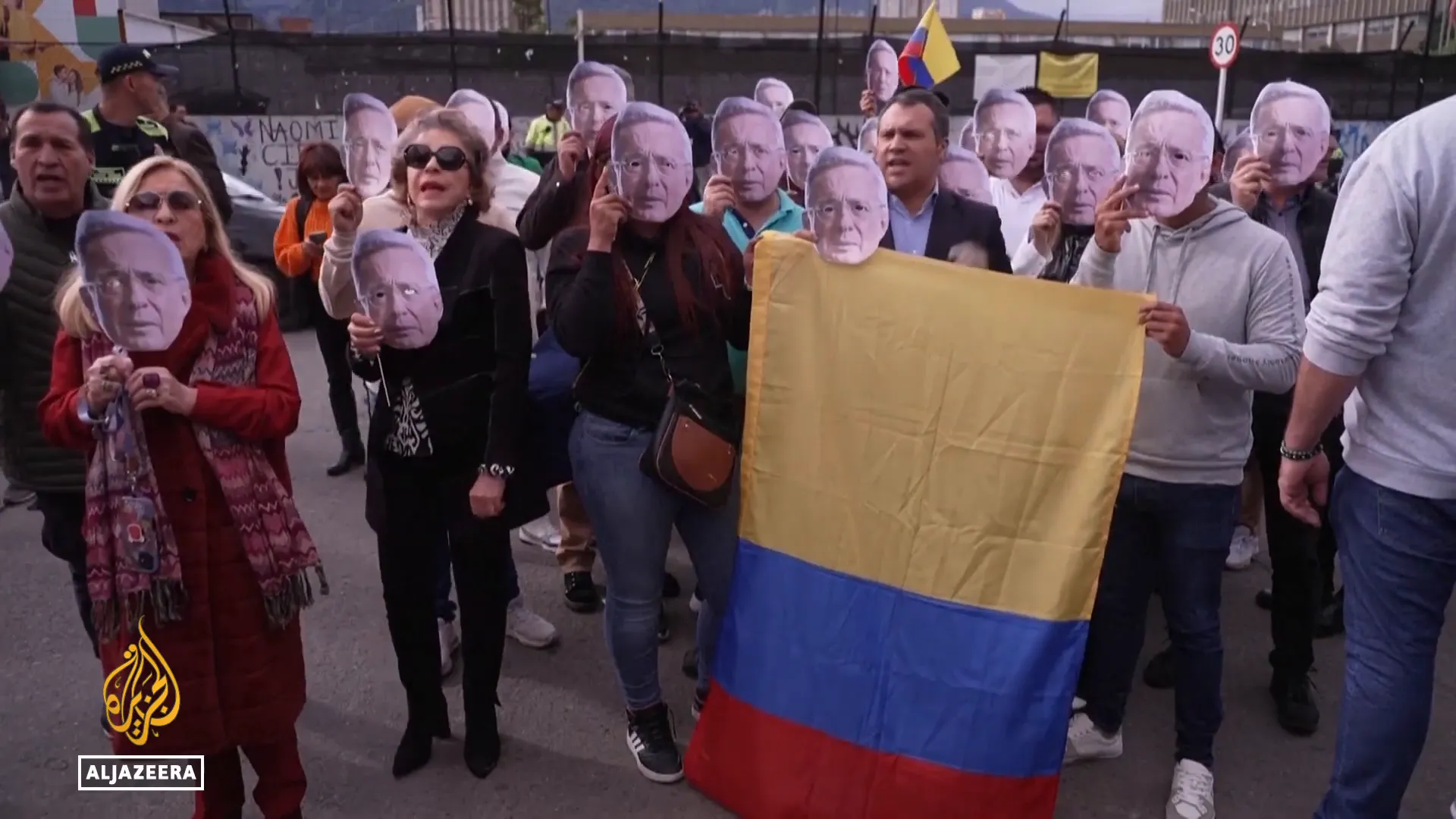Aug 3, 2025
Alvaro Uribe Sentenced: Ex-Colombian President Given 12 Years of House Arrest

For over a decade, Alvaro Uribe was Colombia’s most influential political figure, shaping the nation’s trajectory through turbulent times. However, on a historic Friday, the former president was sentenced to twelve years of house arrest, a ruling that has deeply divided Colombian society. This sentence, handed down amid allegations of procedural fraud and bribery of witnesses, marks a significant moment in Colombia’s pursuit of justice and accountability.
Table of Contents
- The Verdict: Twelve Years of House Arrest
- Background: Uribe’s Presidency and Controversies
- Public Reaction: Justice and Political Division
- The Broader Impact on Colombia’s Political Landscape
- Frequently Asked Questions
The Verdict: Twelve Years of House Arrest
The court sentenced Alvaro Uribe Vélez from Medellín to 144 months—equivalent to twelve years—of house arrest. In addition to this, he was fined the equivalent of 2,420.5 minimum wages and disqualified from holding any public office. Although the sentence is severe, Uribe avoids prison due to his age, a decision that has sparked mixed reactions across the country.

The charges focus on procedural fraud and bribery of witnesses during criminal proceedings. Prosecutors presented evidence that emissaries linked to Uribe allegedly offered benefits to former paramilitary members to secure testimonies favorable to him in court.
Background: Uribe’s Presidency and Controversies
Alvaro Uribe served as Colombia’s president from 2002 until 2010. His administration is credited with aggressively combating left-wing guerrilla groups that had long terrorized many parts of the country. However, this campaign was shadowed by allegations of Uribe’s close ties to right-wing paramilitary groups.
Critics argue that while these paramilitary groups aided the government’s fight against insurgents, they were also responsible for numerous human rights abuses during Uribe’s tenure. This duality has made Uribe a polarizing figure: a protector to some and a symbol of impunity to others.

Public Reaction: Justice and Political Division
The trial was one of the most closely followed legal proceedings in Colombia’s recent history. Many Colombians see the sentence as a beacon of hope that justice can prevail, even against the most powerful.
"All Colombians have realized justice can work in this country, and we will believe in institutions again,"
said a representative reflecting the sentiment of many citizens.
The presiding judge detailed the extensive investigation process over the years, affirming that the sentence is consistent and that subsequent rulings connected to this case would be equally thorough. For many, this decision brings a sense of relief and renewed faith in Colombia’s judicial institutions.
However, Uribe’s supporters and defense team vehemently reject the verdict, claiming political persecution. This stance is echoed internationally, with the United States government criticizing the trial as a "weaponization of Colombia's judicial branch by radical judges." Uribe’s legal team has announced plans to appeal the ruling.

The Broader Impact on Colombia’s Political Landscape
The conviction of a former president on such serious charges is unprecedented in Colombia and signals a critical shift in the nation's political and judicial landscape. It underscores the ongoing struggle to address corruption, human rights abuses, and the shadowy influence of paramilitary groups in Colombian politics.
For many Colombians, this ruling is seen as a giant step toward justice and institutional integrity, inspiring hope that accountability is achievable regardless of political stature.
Frequently Asked Questions
Who is Alvaro Uribe?
Alvaro Uribe is a former president of Colombia who served from 2002 to 2010. He is known for his strong stance against left-wing guerrilla groups but has been criticized for alleged ties to paramilitary organizations.
What was Alvaro Uribe convicted of?
Uribe was convicted of procedural fraud and bribery of witnesses during criminal proceedings. Prosecutors accused his emissaries of offering benefits to former paramilitaries to provide favorable testimonies.
What sentence did Alvaro Uribe receive?
He was sentenced to twelve years of house arrest, fined approximately 2,420.5 minimum wages, and disqualified from holding public office.
Why was Uribe given house arrest instead of prison?
Due to his age, Uribe was granted house arrest rather than being sent to prison.
How has the public reacted to the sentence?
Reactions are deeply divided. Many Colombians see this as a positive step toward justice, while Uribe’s supporters claim political persecution. The US government has also criticized the trial process.
Will Uribe appeal the sentence?
Yes, Uribe’s defense team has announced plans to appeal the ruling.